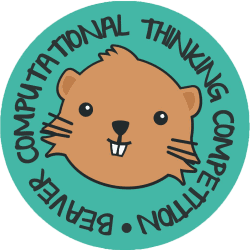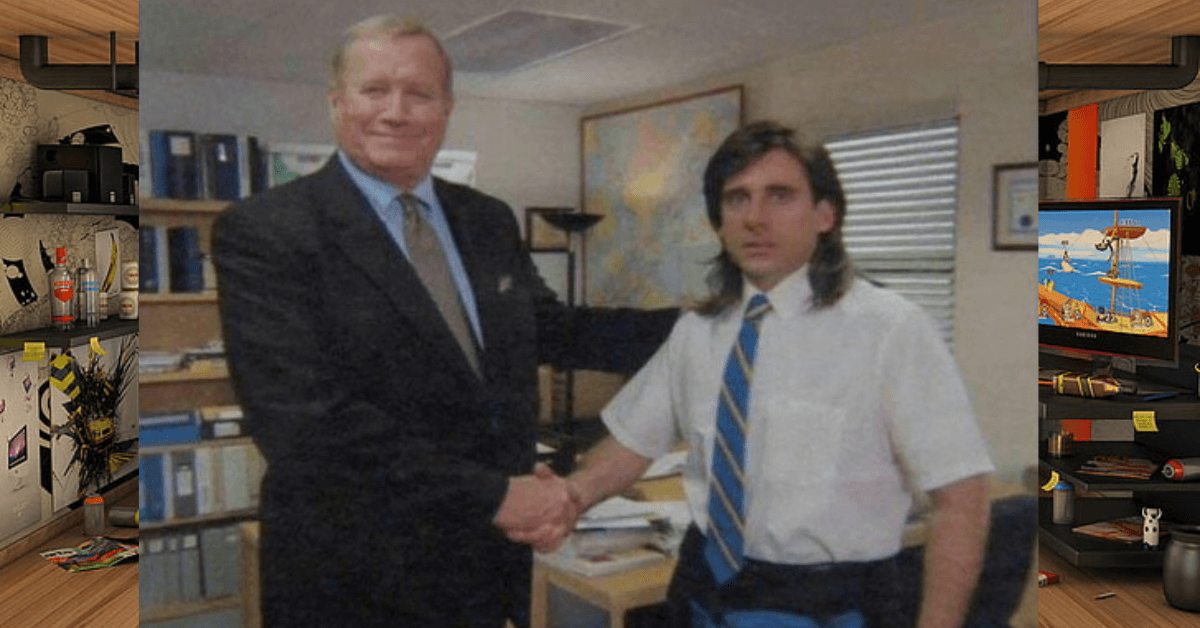Ever wondered how Google manages to search billions of web pages in just a few seconds?
Well, it turns out that a single search query on Google can use the processing power of a whopping 1000 machines!
You May Also Like: 10 Computer Facts That Will Leave You Speechless!

Google Fellow Jeff Dean spilled the beans on this amazing fact in a talk he gave back in 2009. But it’s not all about the number of machines.
Over the years, Google has reduced its search latency time from around 1000ms to just 200ms, even as the number of searches and processing power has increased by 1000! That’s a lot of zeros!
The Evolution of Google's Infrastructure

So, how has Google managed to pull off this impressive feat?
Well, the search giant now holds the entire search index in memory, meaning it can search for information more quickly and efficiently. And the data centres used to process all of this information are incredibly efficient, too.
Back in 1999, it used to take months for Google’s crawlers to update their information. But now, updates take just a few minutes. That’s some serious progress!
What This Means for the Environment
While all of this technological advancement is impressive, it does come at a cost.
With 1000 machines being used to process just one query, it’s no wonder that some people have raised concerns about Google’s energy usage.

In the past, Google has defended its energy usage, claiming that a single search query takes just 0.0003KWh of energy and that its data centres are the most efficient worldwide.
But with the number of searches and the amount of processing power increasing, it’s clear that Google will need to continue to find ways to reduce its environmental impact.
In the meantime, we can all continue to marvel at the incredible power of Google’s search engine and be grateful that we don’t have to search for information like we did in the 1990s!
This blog post is based on information from digital inspiration.
To access relevant information, check out the following blogs:
- Kangaroo Math Blog for Mathematics
- Kancil Science Blog for Science
- Beaver Computational Thinking Blog for Computer Science
- Kijang Economy Blog for Economics.





